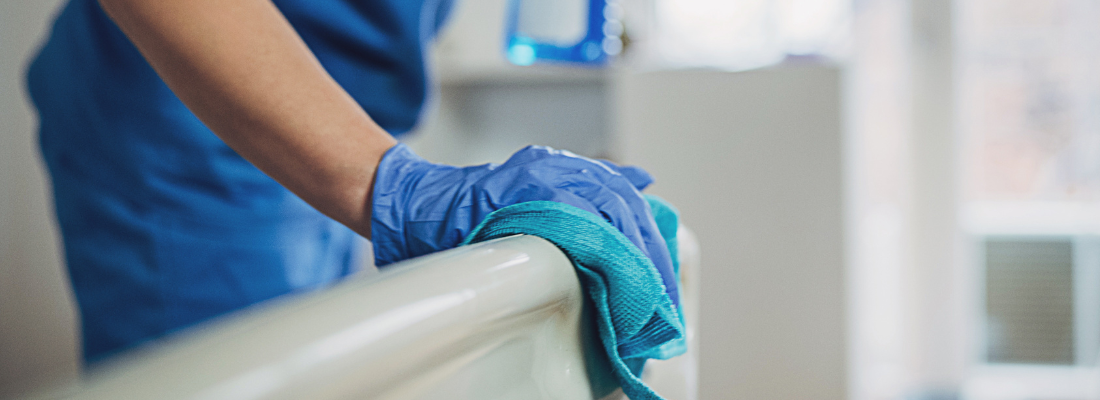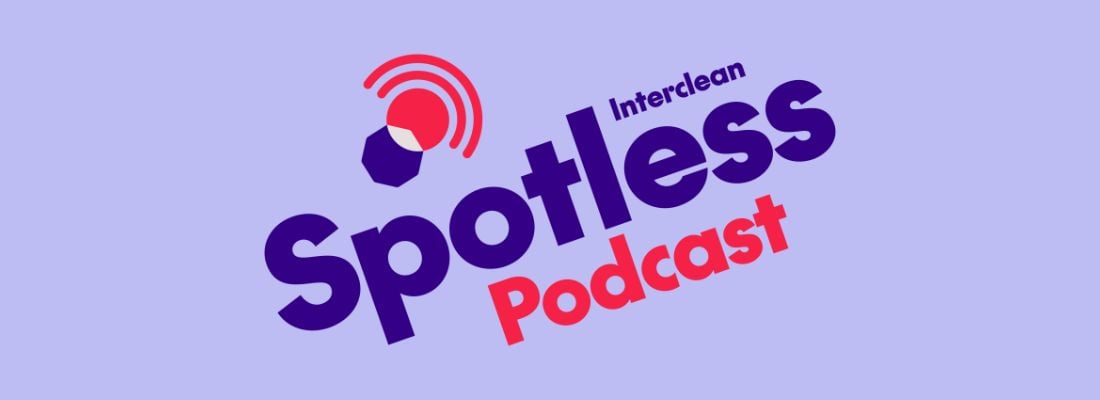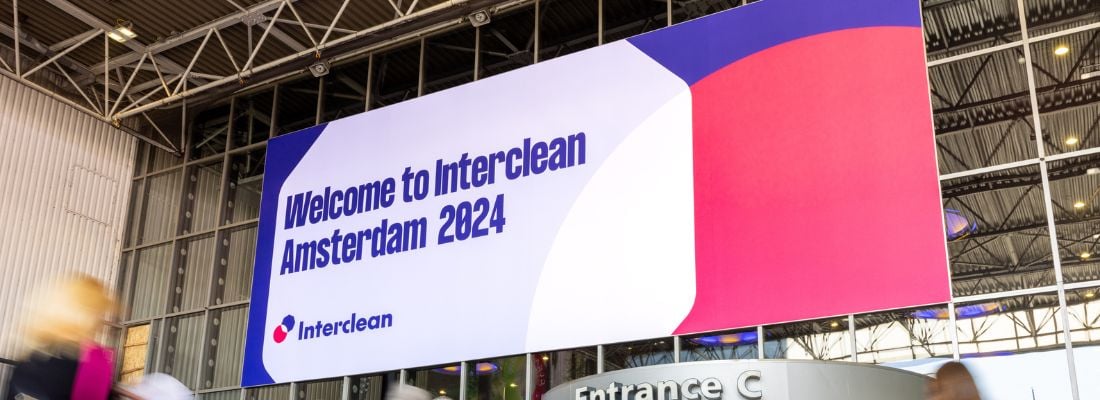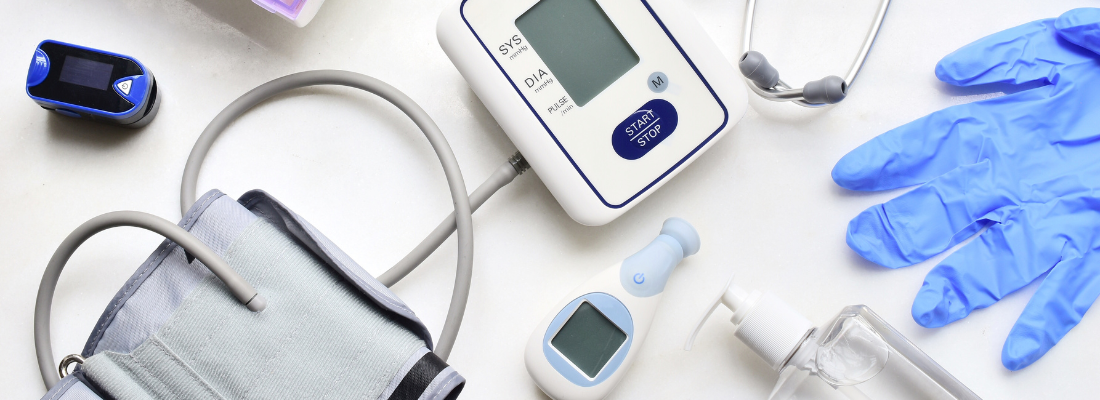How EU sustainability laws are reshaping the cleaning industry
The European cleaning industry is entering a defining decade. A wave of new EU sustainability regulations is challenging businesses to rethink how they design, manufacture, distribute and dispose of their products. Two major policy shifts are accelerating this change: the EU Deforestation Regulation (EUDR) and the Corporate Sustainability Reporting Directive (CSRD) are pushing sustainability from the margins of compliance into the heart of commercial strategy.
For an industry traditionally driven by cost control and operational efficiency, this marks a fundamental shift, reshaping how companies approach sourcing, product design, compliance, and stakeholder engagement. Some players are already adapting. Companies like Essity, a global hygiene and health leader known for its Tork brand, are using the evolving regulatory landscape as a catalyst to embed sustainability more deeply into daily operations and long-term planning.
Sustainability as a business imperative
The Corporate Sustainability Reporting Directive (CSRD) is now influencing how companies set strategy and manage risk. Built around the principle of double materiality, CSRD requires businesses to examine two critical dimensions: how their operations affect the environment, and how environmental risks such as climate volatility or resource scarcity could impact financial performance.
In response, many companies are rethinking their priorities. They are moving sustainability out of isolated departments and into mainstream operation. It is prompting leaders to treat sustainability as a fundamental driver of long-term value and operational strength.
“CSRD is a huge opportunity. It forces companies to understand the financial risks tied to climate and resource challenges,” says Reneé Remijnse, Global Director of Sustainability Communications at Essity’s Professional Hygiene division. “Reporting is only the starting point. The real goal is to embed sustainability at the core of the business model.”
Raising the bar on sustainability claims
While CSRD and EUDR are already being implemented, other major changes are on the horizon. These include the Green Claims Directive and updates to Extended Producer Responsibility (EPR) rules. Together, they raise the bar on what companies can say about their environmental performance. Claims now need to be backed up with clear, credible data.
For businesses, this means moving from broad commitments to precise disclosures. Cleaning companies are, for example, changing their approach to supplier collaboration and product data. Global buyers, especially multinationals on the other hand, are demanding more detailed lifecycle data and stronger proof of sustainability. To keep up, businesses need reliable systems and a clear understanding of the language around compliance. “Even if some companies aren’t legally required to comply now, they’ll be expected to meet the same standards if they want to stay in major supply chains,” asserts Remijnse.
Rethinking product design and circular infrastructure
Another area under scrutiny is the product itself. Cleaning and hygiene manufacturers are re-evaluating how products are designed, packaged, and recovered. Shifting toward mono-materials (the use of single material packaging rather than mixing paper, plastic or metal) is an obvious first step.
However, design choices alone won’t deliver measurable impact. Real progress in circularity depends on systems-level thinking. Product recovery, for instance, requires collaboration with cleaning service providers, waste handlers, and facilities management teams. When these players coordinate, materials that would otherwise be discarded can re-enter the value chain.
As Remijnse notes, scale comes from aligning with partners across the ecosystem. The Tork PaperCircle programme collects and recycles millions of used paper towels each month through coordinated efforts across the supply chain, showing how partnerships can extend a product’s lifecycle and turn linear processes into circular ones.
Building better data and shared accountability
Alongside product innovation, stakeholders now expect companies to provide transparent, verifiable data that aligns with regulatory standards. Meeting this demand requires internal expertise to interpret the data and embed it into strategic decision-making. Some businesses are already setting the pace. Tork offers downloadable factsheets through its Focus4 Sustainability platform, providing carbon footprint data, recyclability insights, and third-party certifications. These tools help customers meet reporting requirements and reinforce accountability across the value chain.
But many organisations are still developing this capability. Smaller firms, especially, often lack the systems, skills, or resources to turn sustainability metrics into action. Closing that gap is becoming a business imperative.
Progress also depends on collaboration beyond individual companies. This is where cross-industry platforms like Interclean play a vital role. As a leading hub for the professional cleaning and hygiene sector, Interclean brings together manufacturers, service providers, and solution partners to exchange ideas, discover emerging technologies, and align on practical approaches. These shared spaces are essential for accelerating collective innovation across the industry.
Managing compliance across a fragmented landscape
While EU-wide regulations aim to create consistency, policy and enforcement still vary across member states. Countries like France and Denmark often move early, setting stricter national rules that go beyond the EU baseline. For companies operating across borders, this patchwork creates added complexity. Staying compliant requires not just awareness, but dedicated resources to monitor evolving requirements and manage risk.
“Even with a common framework, the practical realities can look very different from one country to the next,” Remijnse comments. “That’s why it’s so important to stay close to the legislative process and understand how it plays out locally.”
Responding to market pressure and building resilience
Regulatory change isn’t the only force reshaping the cleaning and hygiene industry. Market expectations are evolving just as rapidly. Companies that hesitate risk falling behind because they miss out on commercial opportunities and competitive edge.
Looking ahead, the momentum behind sustainability is only gaining speed. Sustainability now influences supplier selection, brand perception, and business resilience. And the bar continues to rise. Businesses must show measurable results, supported by credible data and woven into everyday practice as token commitments no longer suffice.
As Remijnse puts it, the companies that succeed will be those that treat regulation as a guide to building smarter, more future-ready organisations. In the cleaning and hygiene sector, the next few years will reveal who can move from ambition to execution, and help shape a more resilient and collaborative industry.








